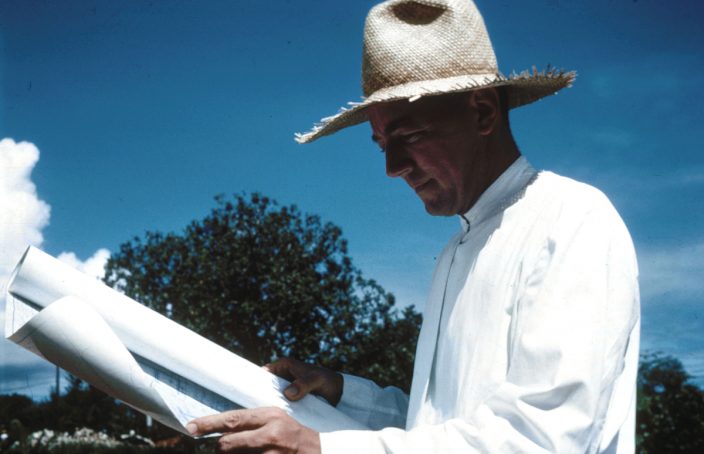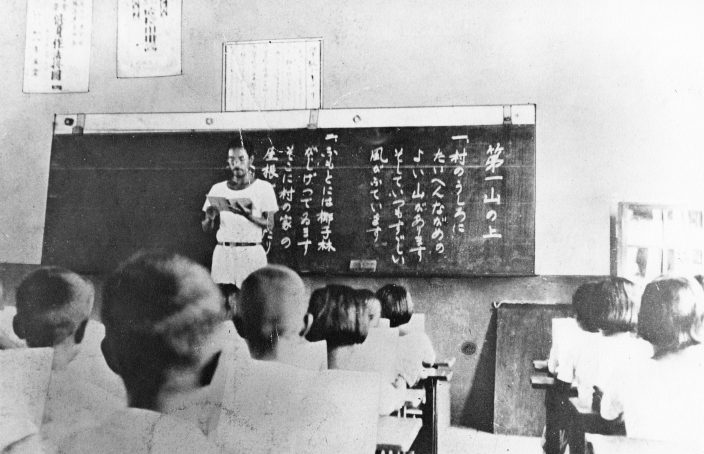Richard Hoar: Missionary, Mentor, and Then Some
Soon after I first met Dick on Palau in 1964, he had me pushing wheelbarrows full of wet cement up a ramp to be dumped on the second floor of the new Maris Stella School he was building. Dick came to Palau in 1958 as a classical missionary figure, the man who could construct churches and schools as easily as he can repair the engine of his jeep. Men of my age might have admired the versatility of that generation of Jesuits, but we could never have aspired to imitate them. Still, the cold beer tasted especially sweet after two hours of hauling cement.
Read More







